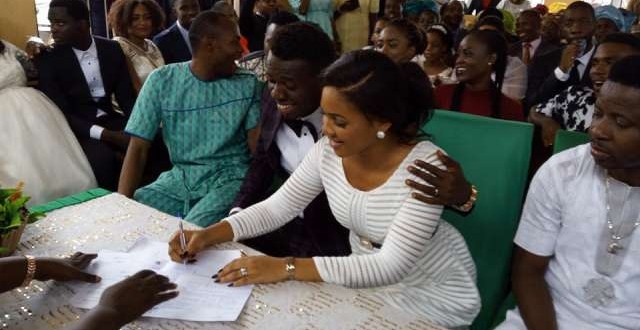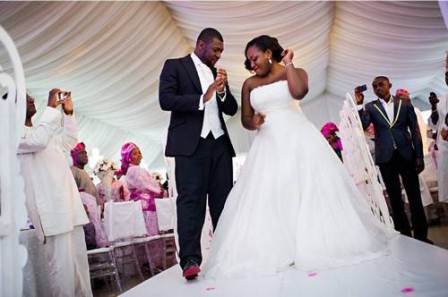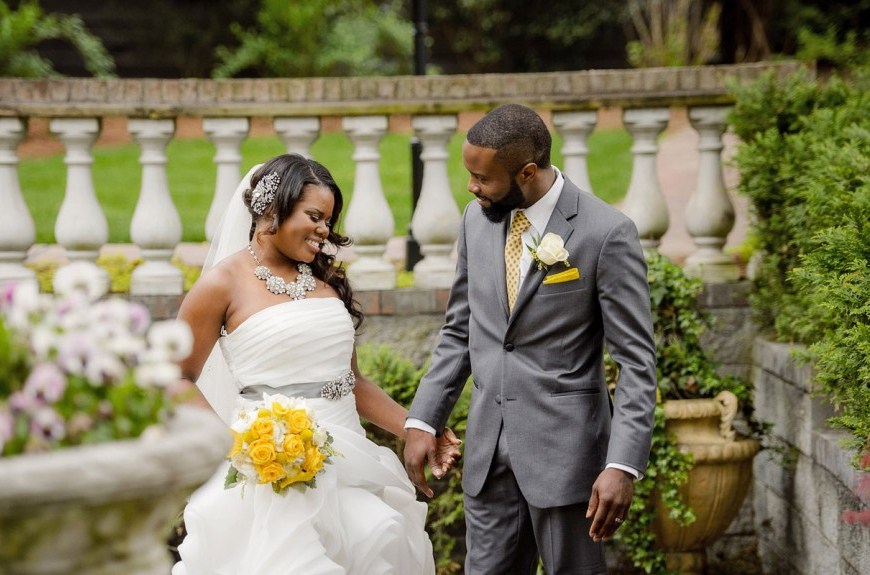

In Nigeria, there are basically three types of marriage recognised by the law. These are statutory marriage/marriage under the act, customary marriage and Islamic marriage. Our focus in this article is on statutory marriage which is regulated by the Nigerian Marriage Act, cap 218, Laws of the Federation 1990.
The Nigerian Marriage Act, cap 218, Laws of the Federation 1990 lays down certain preliminary requirements which are to be fulfilled before the solemnization of marriage under that statute. Persons wishing to get married pursuant to the Act must thereby comply with the legal requirements under the Act; non-compliance of which will invalidate the marriage. Before the celebration of the marriage, the Act provides that the parties shall sign and give to the Registrar of the district in which the marriage is intended to take place, a notice in the prescribed form. The Registrar shall then cause the notice to be entered in the Marriage Notice Book in his registry. A copy of this will be displayed in the registry for inspection by the public. After a period of 21 days has expired, the Registrar shall issue his certificate of notice. But the Registrar must be satisfied that there is no cause why he should not allow the parties to be married.
Any person whose consent to a marriage is required or who may know of any just cause why the marriage should not take place, may enter a caveat against the issue of the Registrar's certificate by writing at any time before the issue of the Registrar's certificate the word 'Forbidden' opposite the entry of the notice in the marriage notice book and include his name, place of abode and the grounds upon which he claims to forbid the issue of the certificate. The Registrar shall not issue the certificate until such caveat has been pursued and disposed of – Section 14, Marriage Act.
Parties will be deemed to have the capacity to marry if they satisfy the Registrar of the following requirements:
The Marriage Act does not specify any minimum age limit. It merely states that unless a party is a widow or widower, there is need to obtain the written consent of either the parents or guardians where

Under statutory marriage or marriage under the Act, parental consent of both the male and female parties is a legal requirement but only in cases where either or both of the parties are under the age of twenty one years. The Marriage Act is silent in relation to the consent of parties themselves but the Matrimonial Causes Act (MCA), 1970 provides for the 'real consent' of the parties, that is, consent obtained without 'duress or fraud'.
Parties will lack the capacity to embark on a statutory marriage if either of them is already married under the Act to another person and the marriage has not been dissolved by any court of law. Also, section 33 (1) of the Marriage Act provides that no marriage in Nigeria shall be valid where either of the parties thereto at the time of the celebration of such marriage is married by native law or custom to any other person other than the person with whom such marriage is had. It is therefore clear that unless the Registrar is satisfied that there is no subsisting statutory or customary law marriage on the part of any of the parties wishing to marry under the Act, he shall not issue them with a certificate to marry under the Act.
Persons intending to get married must ensure that there is no impediment of kindred or affinity between them. The list of prohibited degrees of consanguinity and affinity applies to statutory marriages and it is provided in Schedule 1 of the MCA. A Registrar will not issue a certificate to marry unless he is satisfied by reason of a

|
|
|
|
Once the parties satisfy the Registrar that there is no impediment to their marriage, the Registrar will issue them with the certificate to marry. On receipt of the certificate, the parties can celebrate their marriage in a church duly licensed for the celebration of statutory marriages or in a marriage registry. It should not be presumed

The granting of a Registrar's certificate may be waived by the obtaining of a special licence. Section 22 of the Marriage Act forbids a minister of religion to celebrate any marriage until the parties have delivered to him the Registrar's certificate or a special license from the governor under section 13. Section 43 imposes a maximum penalty of five years imprisonment for performing a marriage in defiance of the Act.
The sanctity of marriage is crucial to the moral fabric of every society. The Nigerian Marriage Act has clearly attempted to provide very solid benchmarks and requirements that would ensure that the very essence and sanctity of marriage is not violated or trampled upon. In doing this, the Marriage Act is invariably protecting the moral sanctity of the Nigerian society.